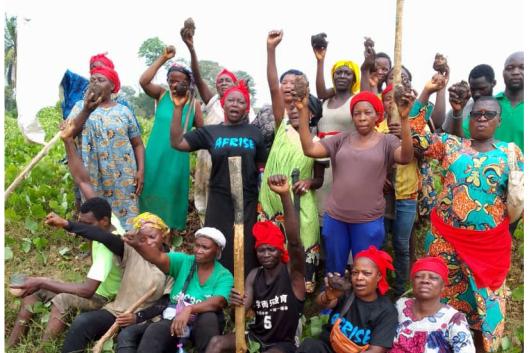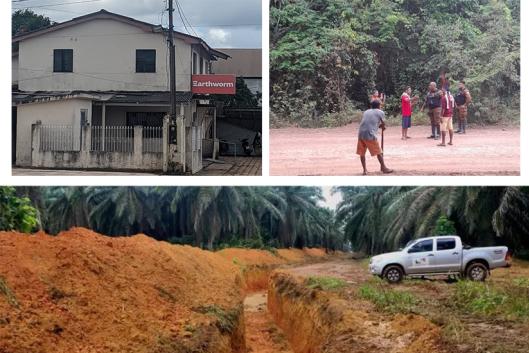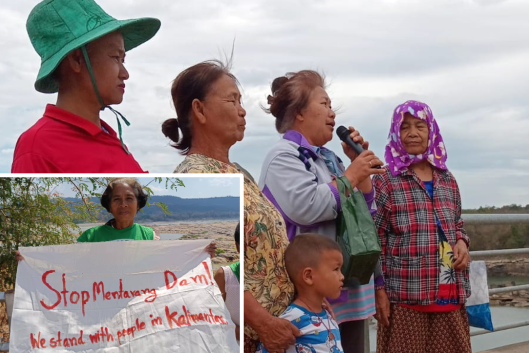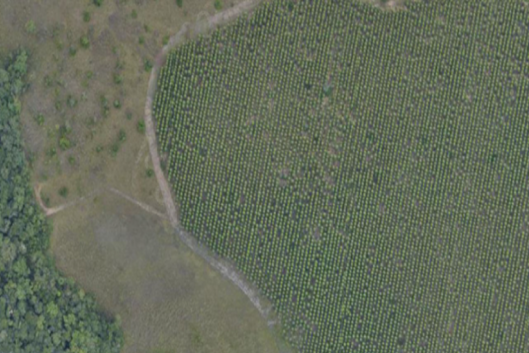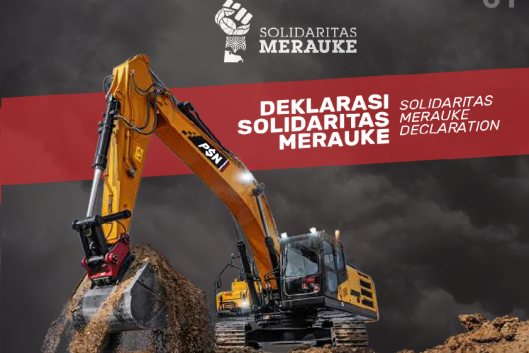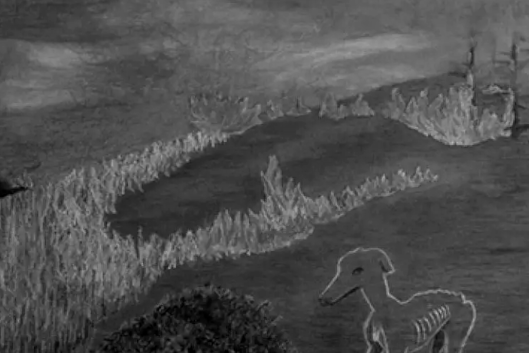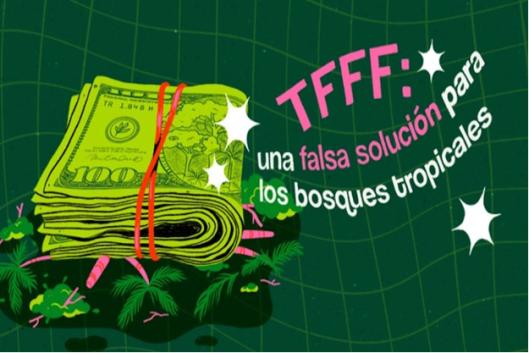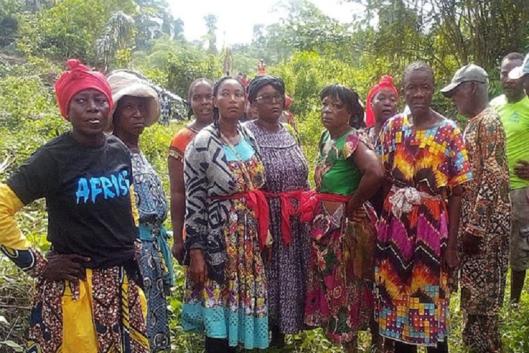Across the global South, communities that oppose corporate control of their territories face not only corporate violence but also tear gas, batons and state repression. Challenging the expedient misinterpretation of “all land belongs to the State” that governments use to protect corporate interests, communities stand strong in the struggle to reclaim their ancestral lands “because it is a sacred place; it is a place that gives meaning to our existence.”
Bulletin 274 - April 2025
OUR VIEWPOINT
DIRTY TACTICS BEHIND ‘GREEN’ BUSINESS
-
23 April 2025Under the guise of ‘conflict mediation’ and community empowerment, the work of certain corporate NGOs results in communities continuing without access to and control over their lands, and in strengthening destructive production models. One example is the Earthworm Foundation's partnership with palm oil agribusiness in several countries. See the article and interview below.
-
23 April 2025In South Africa's Western Cape province, rural communities affected by historical land dispossession in many places also face the manifold impacts of living surrounded by industrial tree plantations. Seeking to strengthen their access to land, these communities have mobilised in a forum supported by civil society organizations, demanding participation in decision-making and other community rights.
-
23 April 2025A new wave of expansion in hydroelectric power plant projects is advancing throughout the Global South under the pretext of producing 'clean energy', speed up the 'energy transition' and promote a 'low carbon economy'. On March 14, a group of communities issued a joint declaration denouncing the trail of destruction that major dams have left in their wake worldwide, rejecting further dam construction and shouting out, loud and clear: big hydroelectric power plants are not clean energy!
-
23 April 2025Several companies have been expanding their tree plantations in the Colombian Orinoquía, which is increasing longstanding conflicts and violence. “These are not reforestation companies, but deforestation companies, because they have introduced invasive tree species that are not native to the territory – like acacia, eucalyptus and pine trees. So they are driving out what naturally grows here” - Indigenous Sikuani Leader
-
23 April 2025The "Deklarasi Solidaritas Merauke" (Merauke Solidarity Declaration, see below) has been collectively written by participants of the "Konsolidasi Solidaritas Merauke" (Merauke Solidarity Consolidation Meeting), a people's gathering that took place in the town of Merauke, South Papua Province in March, 2025. The declaration calls for an immediate halt of the National Strategic Project (PSN) Merauke.
FROM THE WRM BULLETIN ARCHIVES
-
23 April 2025In the first months of 2025, forest fires once again affected hundreds of families and burned tens of thousands of hectares in Argentine Patagonia. In this context, we are recalling an article from Aguayala published in WRM Bulletin 259, which explains how industrial pine plantations have been one of the main causes of not only deadly forest fires, but also land grab, deforestation, water depletion and violent conflicts with Mapuche communities. At the same time, such plantations have been falsely promoted as a solution to climate change. Access the article here.
RECOMMENDED
-
23 April 2025On the side-lines of the UN climate conference in 2023 in the United Arab Emirates, the government of Brazil introduced the “Tropical Forests Forever Facility” (TFFF). The fund, an idea initially thought up by the World Bank in 2018, is expected to be launched at the 2025 UN climate conference in the Amazon city of in Belem, in Brazil. Private sector and public investments and donations would provide the seed capital for financial managers to speculate on capital markets. If there is money left over from the financial gambles after payment of dividends to the TFFF investors, that money will be divided among countries in the global South to finance forest protection initiatives. In March 2025, the Bolivian Fundación Solon published a critique of the TFFF.
-
23 April 2025Samling is a notoriously destructive Malaysian logging, plantations and construction company which has faced decades of opposition from indigenous peoples such as the Penan and the Kenyah for destroying their customary lands. In December 2023, the Samling subsidiary SaraCarbon listed a carbon project in the Malaysian state of Sarawak in the registry of the carbon standard provider Verra.
-
23 April 2025Communities in the Apouh à Ngog region of Edéa, Cameroon, continue to resist the violence of the Socapalm company (a subsidiary of SOCFIN) and heavily armed soldiers who seek to prevent the community from recovering a portion of their ancestral lands for food crops, after years of occupation by industrial oil palm plantations. International and national opinion must be vigilant and keep an eye on this situation. Therefore, we are sharing an article describing what is happening and including photos that exemplify the violence and impunity with which these companies operate. We are vigilant; our solidarity with the Apouh à Ngog community!
